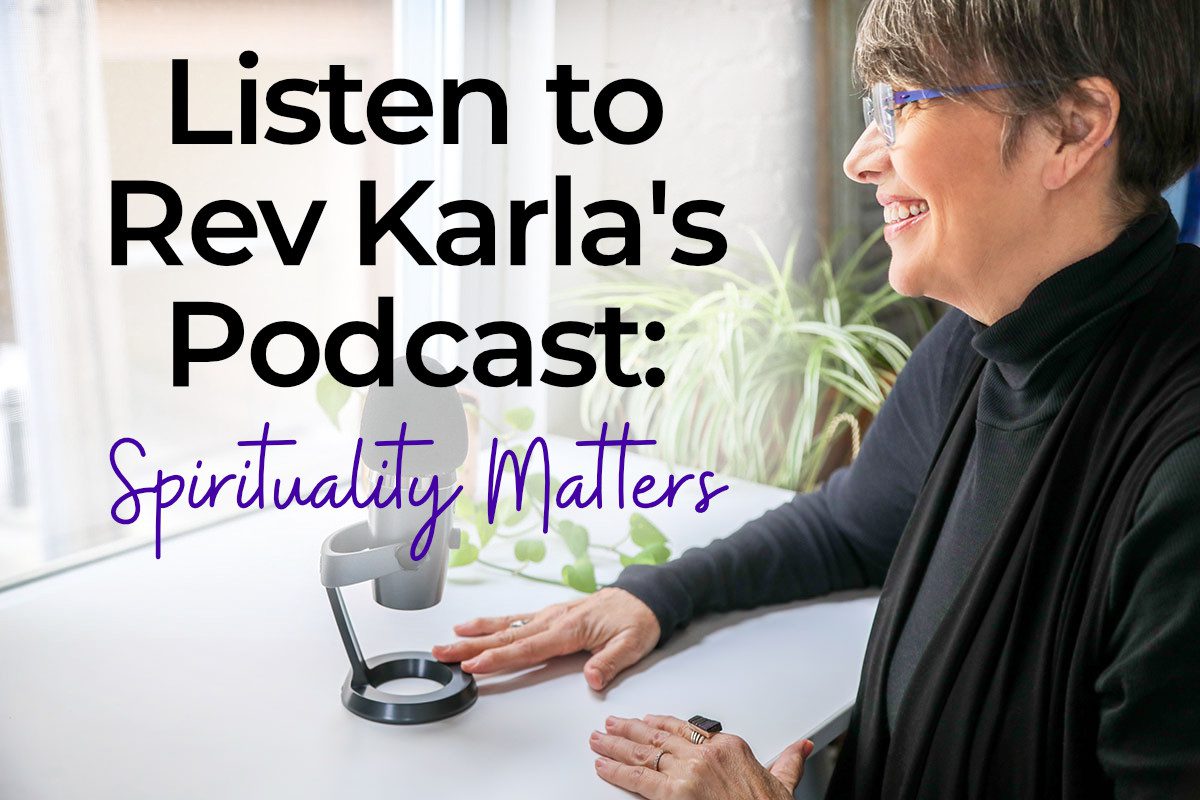When Sin Became Weaponized
Hate the sin — love the sinner.
My God. Can we please remove this phrase from our lives? I’m going right for the jugular this week. This phrase has done more damage than it ever has done good.
Prove me wrong.
Now that we have established the energy surrounding this week’s teaching theme, let us dive into the weaponization of sin and how it has been used to judge, exclude and persecute people throughout history. Rest assured we will be circling back to my least favorite phrase in Christianity.
It would be negligent of us not to hold space for the martyrs who have died at the hands of religious authorities. The zeal of those in authority for labeling anyone a heretic who dared defy church teaching or authority is well documented. Barbaric torture that ended in horrific deaths were common in medieval times, especially during the Spanish Inquisition. Sadly, religious persecution still exists in modern-day throughout the world, limiting access to education for large classes of humans and severely reducing the rights of women. This persecution also can still lead to torture — even death — for refusing to abide by the religious law as set forth by those in power.
While the history of religious persecution and its influence in modern day are important to understand, it would be a disservice — and perhaps a deflection — to our teaching theme to dive deeper into religious history.
Why?
Because the weaponization of sin doesn’t have to lead to death to be deadly. The weaponization of sin occurs daily, in our homes, in our religious communities and in our personal relationships with God.
How?
This is where the road gets bumpy, because it is never easy to hear how we may be hurting another, especially when we believe we are doing the exact opposite. And I speak about this subject entirely from experience, as I was one who would wield these phrases at others as a “loving” way to shut down any pushback on my conclusion that sin was indeed occurring, and you — poor lost soul — were going to need all my love and prayers to steer you back on the narrow and straight path.
Now we circle back to the dreaded “hate the sin: love the sinner” phrase that’s offered as a spiritual smackdown — the equivalent of “talk to the hand,” but with a smile and possibly a “Jesus loves you” after the smackdown.
Ouch.
Somehow this phrase made its way into modern spirituality through a couple of means that don’t merit its popularity. St. Augustine, a 4th century philosopher and theologian, said something similar to a group of nuns when he encouraged them to have “love for mankind and hatred of sins.”
Not the same thing, but let’s keep going.
If you look on Pinterest, you could assume that Gandhi also treasured those words. In fact, what Gandhi said was the antithesis of how this phrase has come to be used. In his 1929 autobiography, Gandhi asserted that hating the sin and not the sinner is rarely practiced. He further said that if it were, we would have less hate in the world. However, because it leads to disdain for humans, it is understandable why Jesus didn’t ask us to love fellow sinners but to love our neighbors.
Ouch again.
Much of the evangelical and conservative Christianity still view LGBTQ+ humans as living in sin and still believe that homosexuality is a choice that can be turned off as one does a water faucet (for the record — it isn’t a sin, and being gay can’t be turned off like a water faucet). The gay community has especially been hit hard over the years with “hate the sin: love the sinner” theology and dogma surrounding their right to church membership or even their presence in some churches.
Progressive Christianity has been a part of the healing balm that is actively moving toward marginalized humans, in particular the LGBTQ+ community. With the growing acceptance and affirmation, vocal and passionate pushback on “hate the sin: love the sinner” theology is happening, with many articles written about its toxic effects for those to whom the statement has been directed, as well as the arrogance of those who deliver it.
Is this another place for ouch?
This teaching theme is big, evidenced by the length of this blog post. And this post covers only one aspect of the weaponization of sin. There are other phrases and ways sin has been weaponized. You’ll want to join me on Instagram & Facebook if this is something you would like to explore with me — in hopes that you will be releasing the need to weaponize your faith by declaring another human as being a sinner.
Why?
Because it never belonged on your plate in the first place. Life becomes so much simpler when we let go of the need to be judge and jury over another person’s life, especially their spirituality.
Let’s explore this week together, shall we?
There’s space for healing your heart, and more importantly, letting others live their lives.


